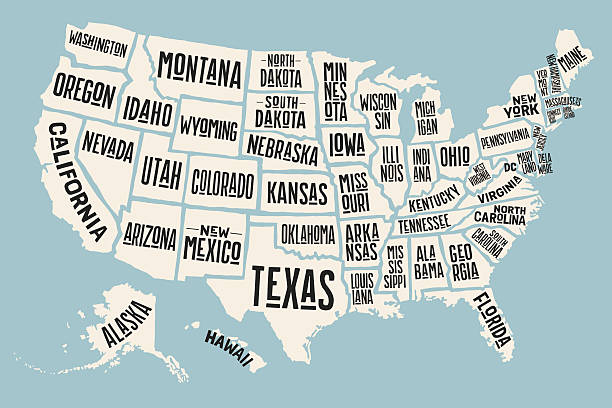Earlier this spring, the IRS issued a proposed rule that would change the eligibility standards for an Affordable Care Act (ACA) premium tax credit (PTC) based on the affordability of health plan coverage for family members of employees who are offered coverage by their employers. The proposed rule is designed to provide greater access to PTCs for family members of employees who are eligible for employer-sponsored coverage.
The IRS has accepted comments and will hold a public hearing on June 27, 2022. Reactions to the proposed rule from advocates, insurers, and health care providers have been mostly positive, but some employers’ groups have raised concerns.
If the rule is finalized as proposed, family members who are offered unaffordable coverage under an employer-sponsored plan could be eligible for PTCs under a more affordable marketplace plan beginning on January 1, 2023.
ACA Affordability Background
The ACA created PTCs for individuals who enroll in a qualified health plan through a marketplace Exchange. However, an individual is not eligible for a PTC if they are eligible for affordable, minimum value coverage under an employer-sponsored health plan.
- Affordability under employer-sponsored health plans is determined by ensuring that the required employee contribution for self-only coverage does not exceed 9.61% (ACA Affordability Threshold for Tax Year 2022) of the employee’s household income.
- Minimum value coverage is determined by ensuring that plan’s share of the total allowed costs of benefits provided to the employee must be at least 60 percent and the plan must provide substantial coverage of inpatient hospital services and physician services.
The current ACA affordability determination provides that if self-only minimum value coverage under an employer-sponsored plan is affordable for an employee, then it’s also considered affordable for an employee’s eligible dependent family members. This current interpretation of the ACA affordability standards results in a so called “family glitch”, where the employee’s family members are not eligible for PTCs if the employer-offered coverage is considered affordable based on self-only coverage but not affordable based on the cost of family coverage.
IRS Proposed Rule to Correct “Family Glitch”
The proposed rule seeks to correct the “family glitch” and provide a separate affordability test in 2023 for an employee’s family members based on the cost to the employee for family coverage. If the family coverage cost doesn’t meet the statutory affordability standard, an employee’s family members could be eligible for PTCs, even if the employee is not eligible for a PTC based on their own affordable offer of self-only coverage by their employer.
The proposed rule also would add a minimum value rule for family members of employees based on the benefits provided to the family members. The proposed rule would adopt a separate minimum value test for family members. As proposed, a plan would provide minimum value for family members if the plan’s share of total allowed costs of benefits provided to family members is at least 60 percent and the plan provides substantial coverage of inpatient hospital services and physician services.
The White House estimates that correcting the “family glitch” under the proposed rule would extend coverage to 200,000 uninsured people and result in more affordable coverage for nearly 1 million Americans. This proposed rule would be the most significant administrative action to the ACA since its enactment.
If the rule is finalized as proposed, family members who are offered unaffordable coverage under an employer-sponsored plan could be eligible for PTCs under a more affordable marketplace plan beginning on January 1, 2023.
Impact To Employers
This proposed rule to correct the ACA “family glitch” is not expected to change the employer mandate rules and liability since the employer mandate requires Applicable Large Employers (ALEs) to offer coverage to employees and family member dependents. However, penalties for violating the employer mandate are triggered only when an employee receives a PTC through the marketplace, rather than the employee’s family members receiving a PTC.
The proposed rule would extend PTCs to only the family members of employees who are not offered affordable, minimum value employer-sponsored family coverage but would not affect the eligibility of employees. It does not change the current employer obligation for affordable, minimum value self-only coverage; it simply provides employees’ family members a more affordable option through PTCs if employer-sponsored coverage is not affordable or minimum value for them.
No changes are expected to the ACA affordability calculations for employees or the safe harbors under the proposed rule. But now is a good time for employers to turn their attention to ACA compliance processes so that they’re well- prepared to handle any IRS penalty correspondence. With PTC allocation likely going up and the IRS increasing ACA enforcement, now is a great time to review your ACA processes and make sure you are fully compliant!



